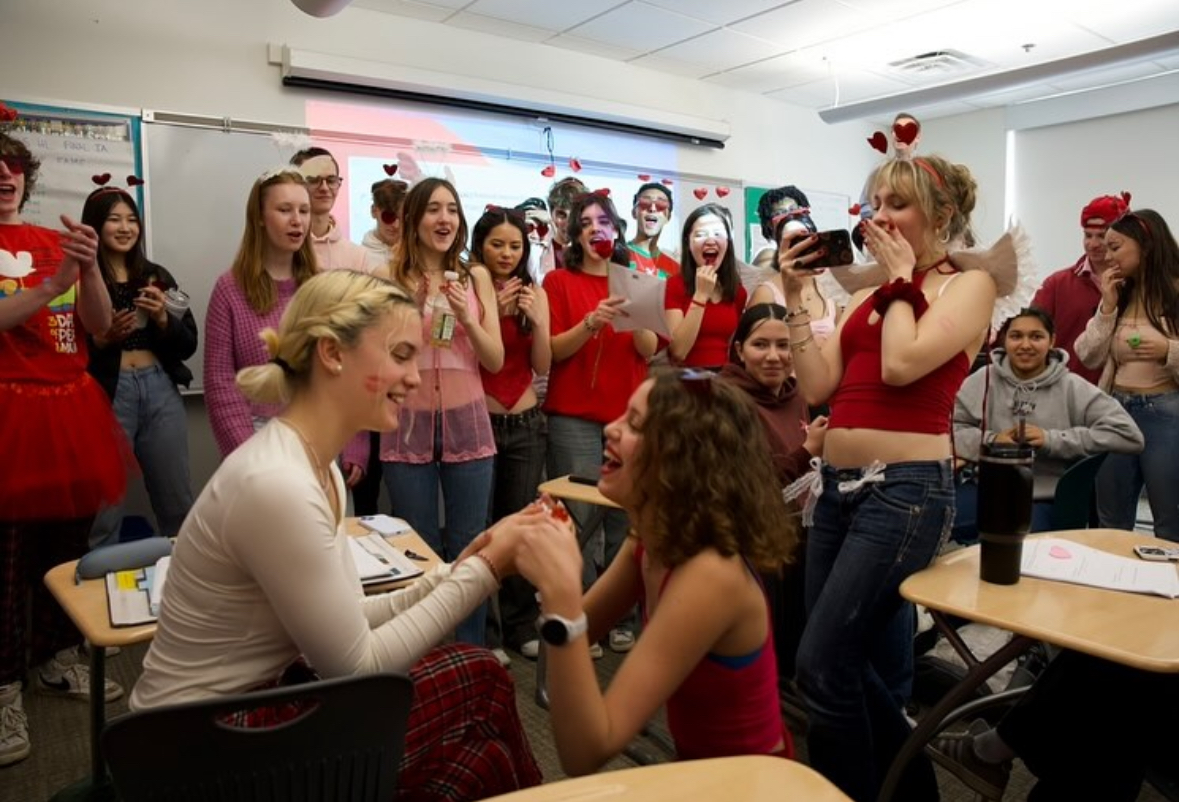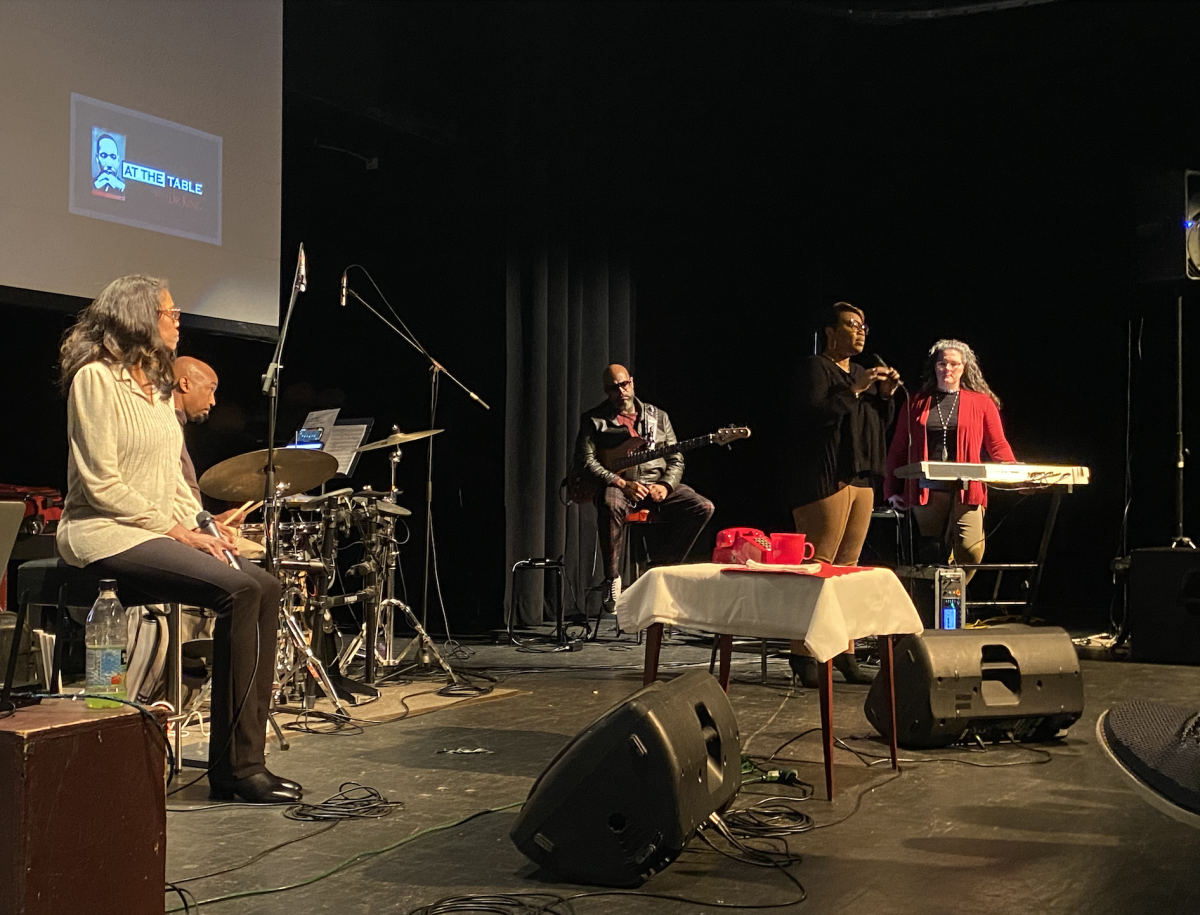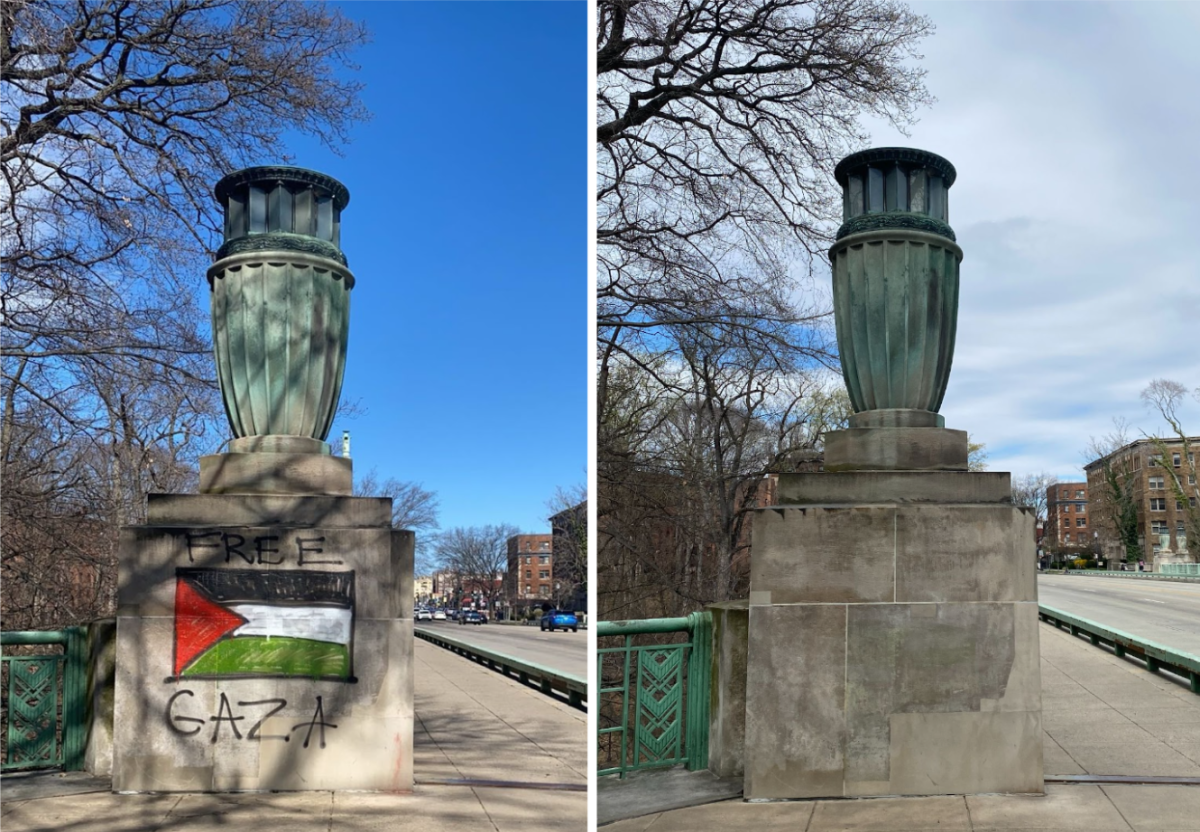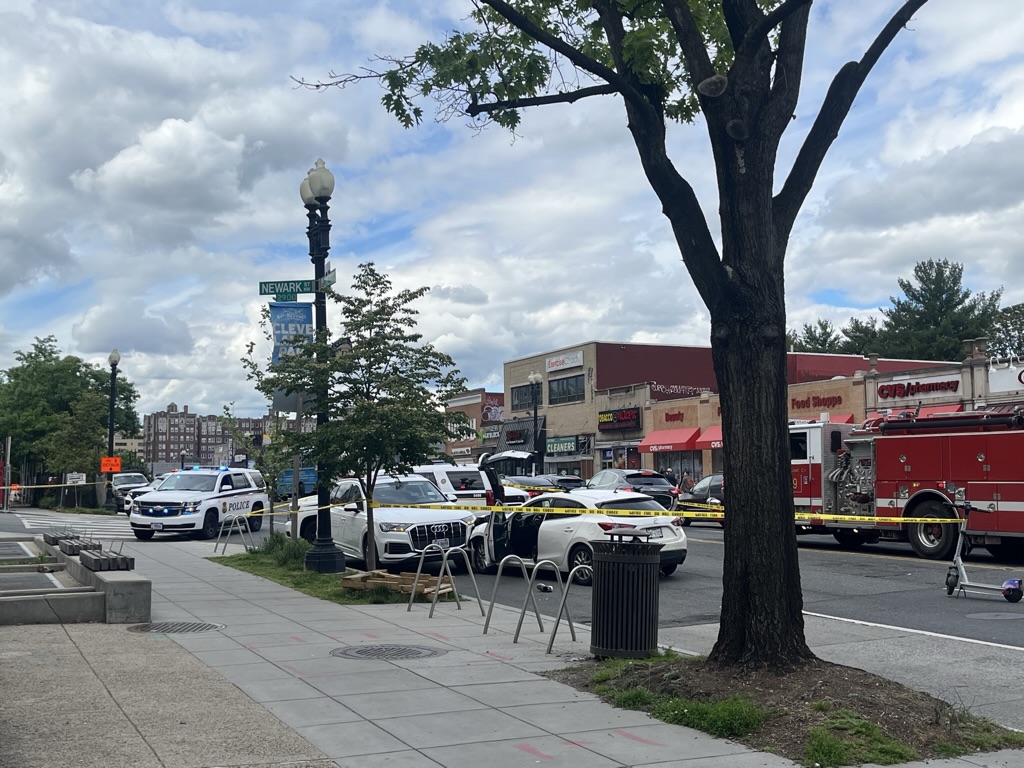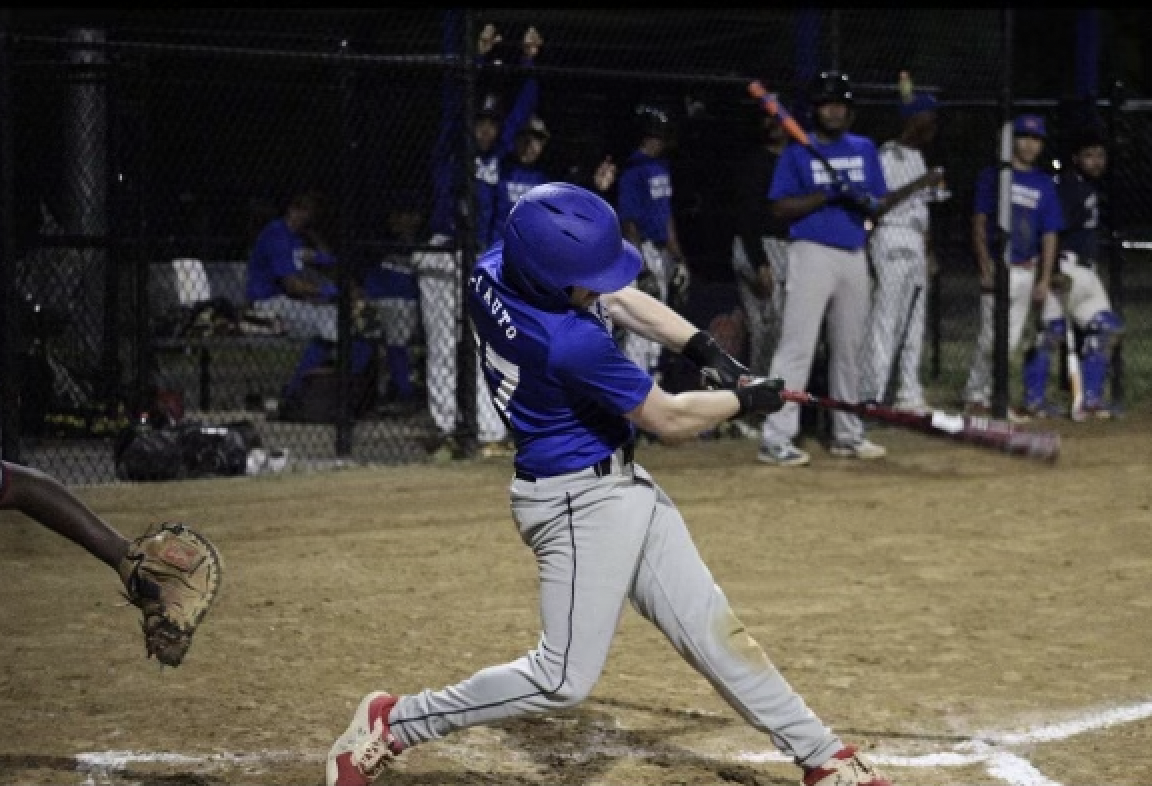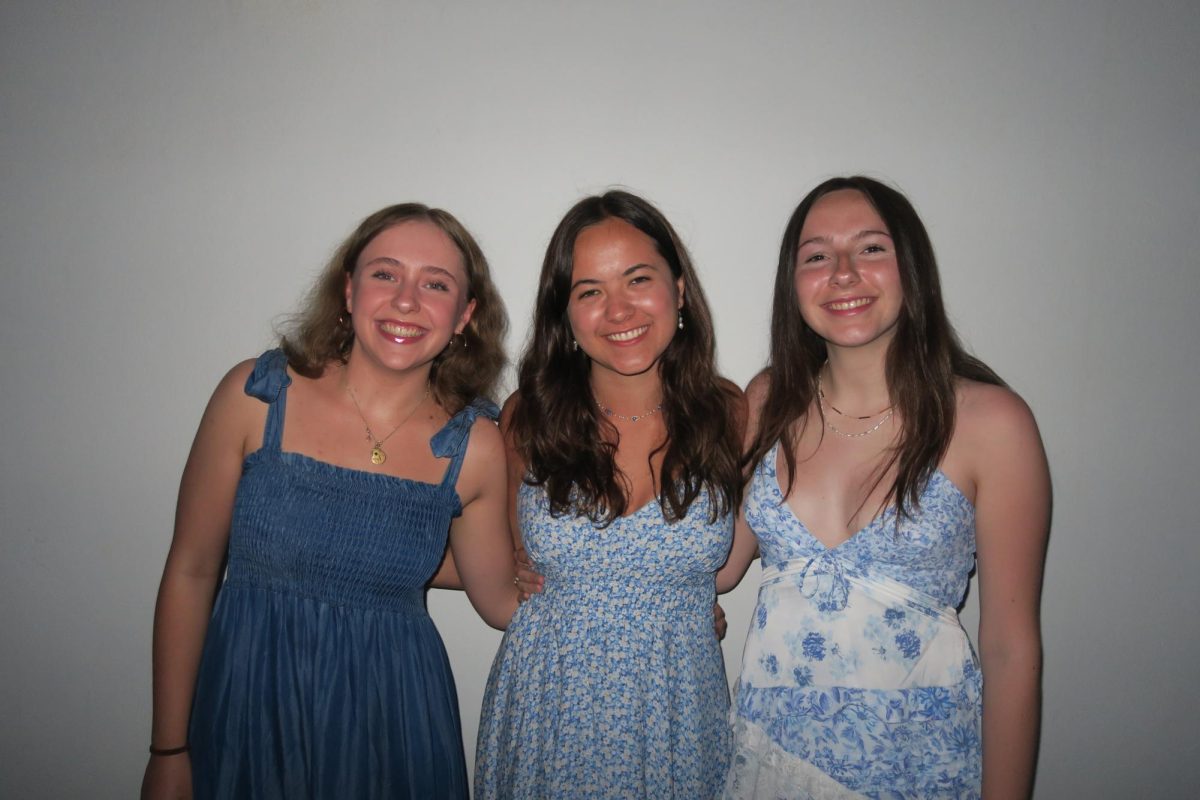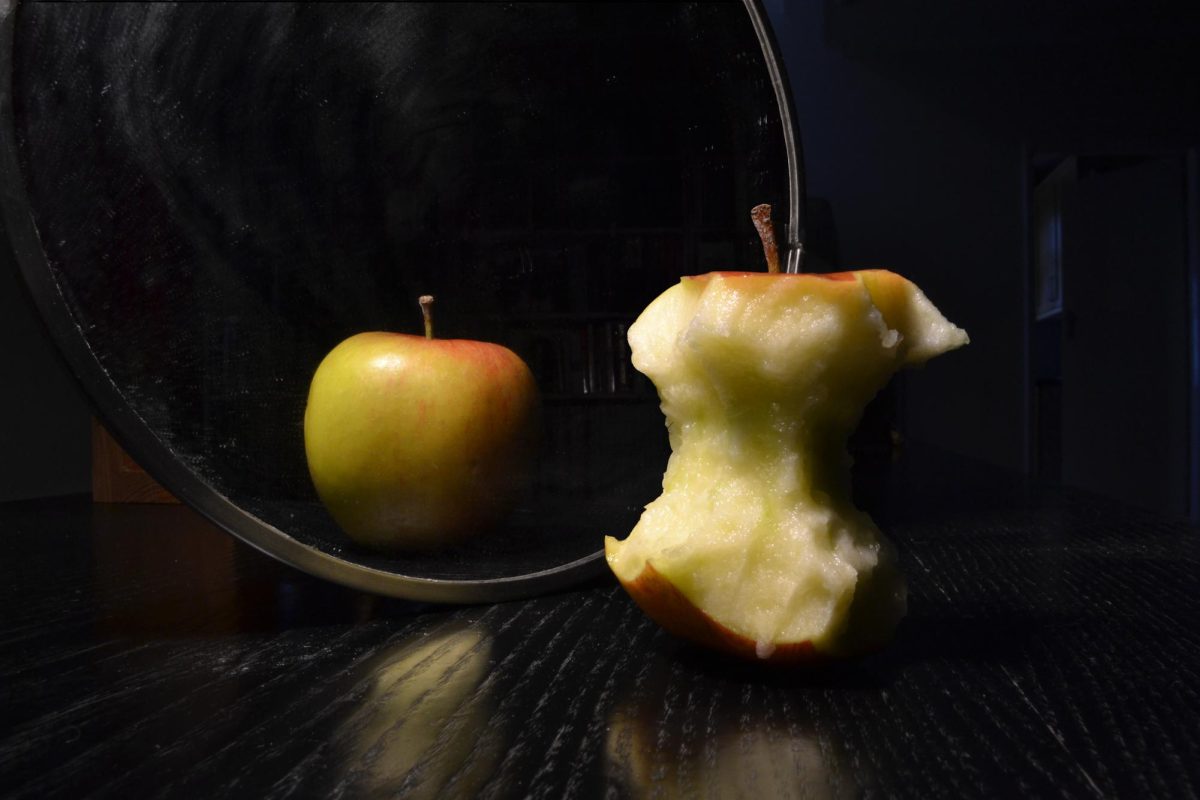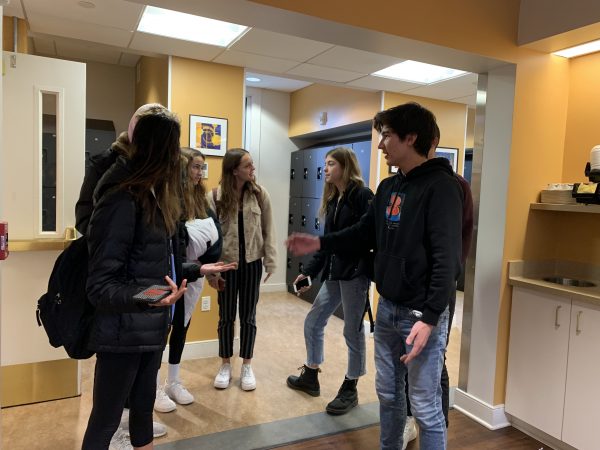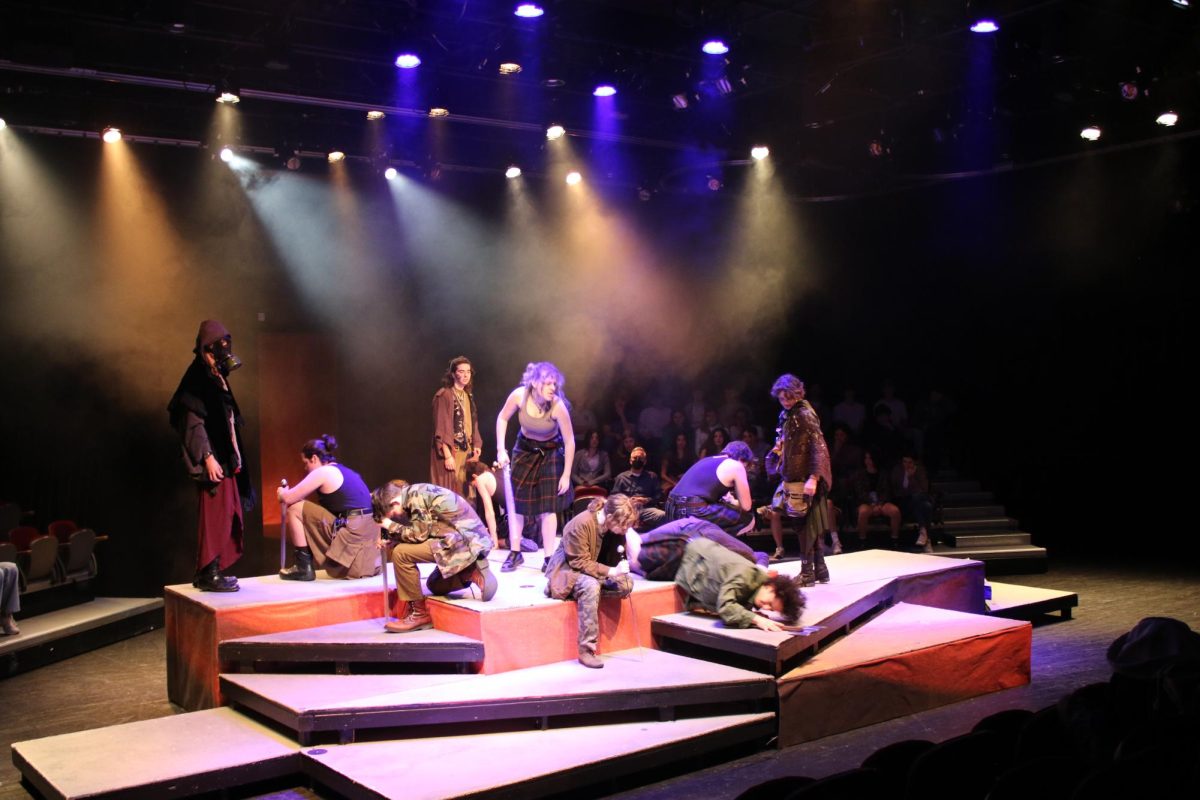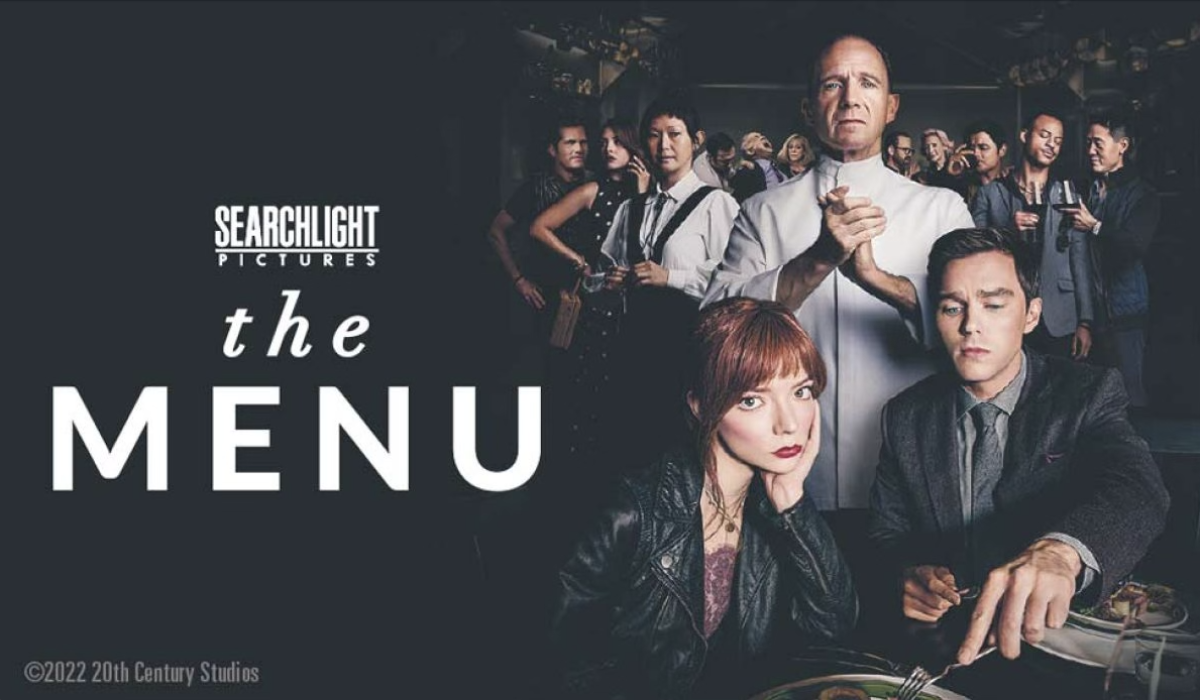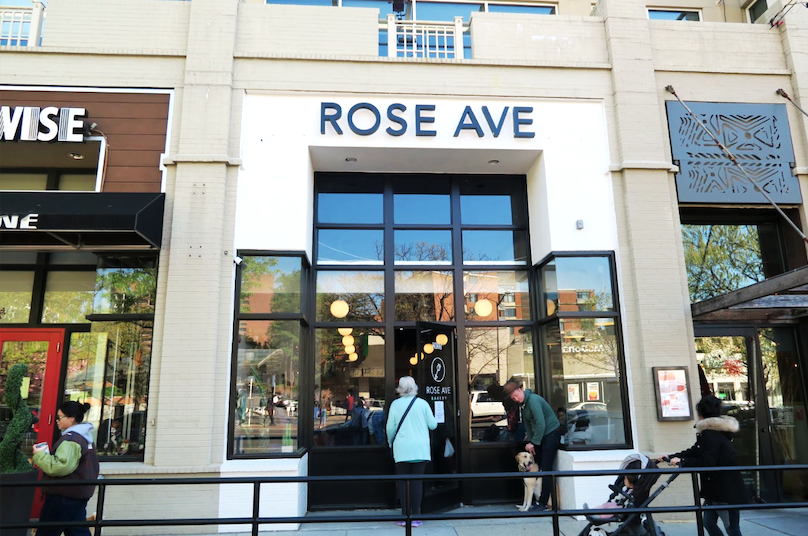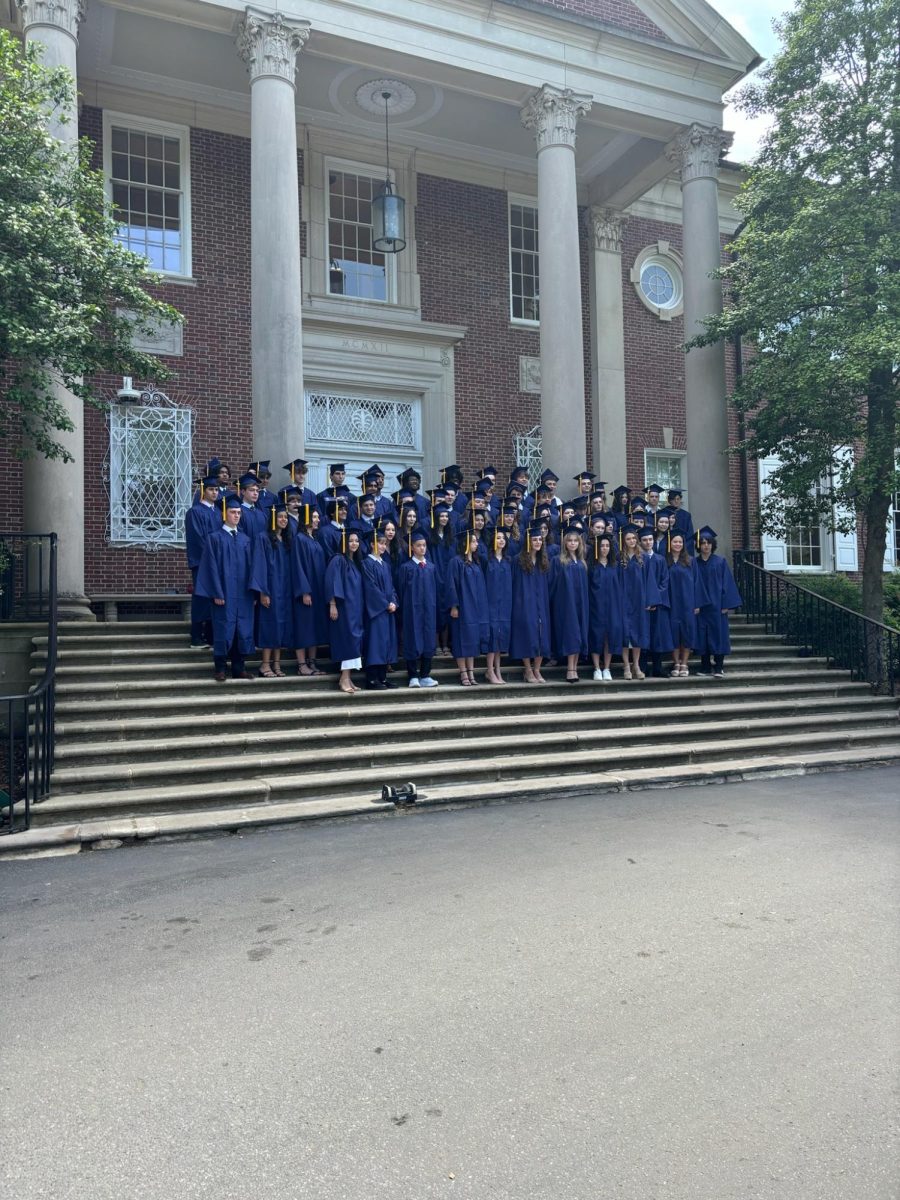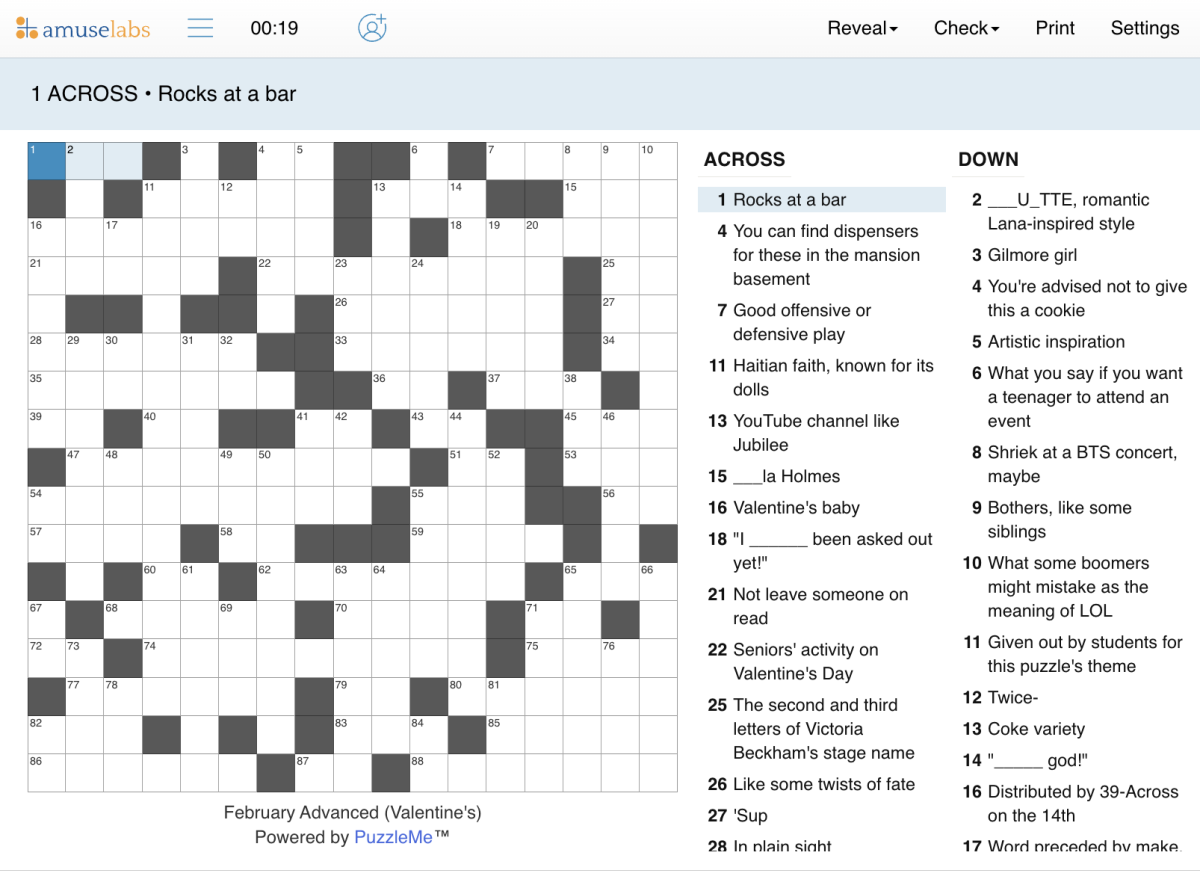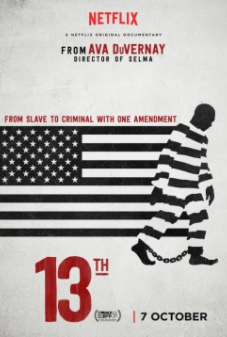13th opens with an audio clip of a speech by President Obama:
“So let’s look at the statistics. The United States is home to 5% of the world’s population… but 25% of the world’s prisoners. Think about that”.
And so an investigation into the system of mass incarceration in the ‘land of the free’ begins. Over the course of one hour and forty minutes, 13th tells the compelling story of the historical trajectory of racial oppression: from slavery to the modern day. In an abandoned Beaux-Arts era train station, historians, journalists, activists, and politicians weigh in on the narrative, filmed against a backdrop of industrial-style terminals and faded brick walls.
Director Ava Duvernay, known previously for the film Selma, guides the audience through the era of mass incarceration and provides the historical context for the prison boom. Using archived footage from 1960s civil rights protests and speeches by Presidents Nixon, Reagan, and Clinton, the documentary explains how the criminal justice system was militarised and altered to target communities of color. As educator and author Michelle Alexander says and as the film elaborates,
“Throughout history, African Americans have repeatedly been controlled through systems of racial and social control that appear to die, but then are reborn in new form tailored to the needs and constraints of the time”.
More than anything else, DuVernay’s film highlights the true imperative of learning history to understand the present day. It explains not only the effects of mandatory minimums and prison labor, but also how their roots can be traced back to a white fear derived from black emancipation, and to media representation of black criminality. The documentary forces the audience to confront the notion that powerful figures in the United States continuously treat communities of color as less than human.
It portrays the Black Lives Matter movement not as a recent phenomenon borne from the murders of Trayvon Martin or Mike Brown, but as a product of the legacy of systematic terror against African-Americans. As a video montage of police shootings provides recent example of the law and order branch of the state operating against the freedoms of the black community, the film leads the audience to a point of introspection.
This point is brilliantly characterized in the film’s final quote, from attorney Bryan Stevenson:
“People say all the time ‘I don’t understand how people could’ve tolerated slavery. How could they have made peace with that? How did people make sense of the segregation, this white and colored-only drinking…. That’s so crazy. If I was living at that time, I would have never tolerated anything like that’. And the truth is, we are living at this time, and we are tolerating it.’”
So consumed with life’s daily commotion, we can lose sight of the fact that we are living through history. How we view our society, and what actions we choose to take, are questions which will define the coming generations’ problems, conflicts, innovations, and evolutions. And so, 13th reminds of the cruciality of our understanding of history in the continuation of this elusive march toward freedom. It reminds us of one aspect of our education that is too often undervalued: the true importance of being critical.
by Rosie Bradbury


